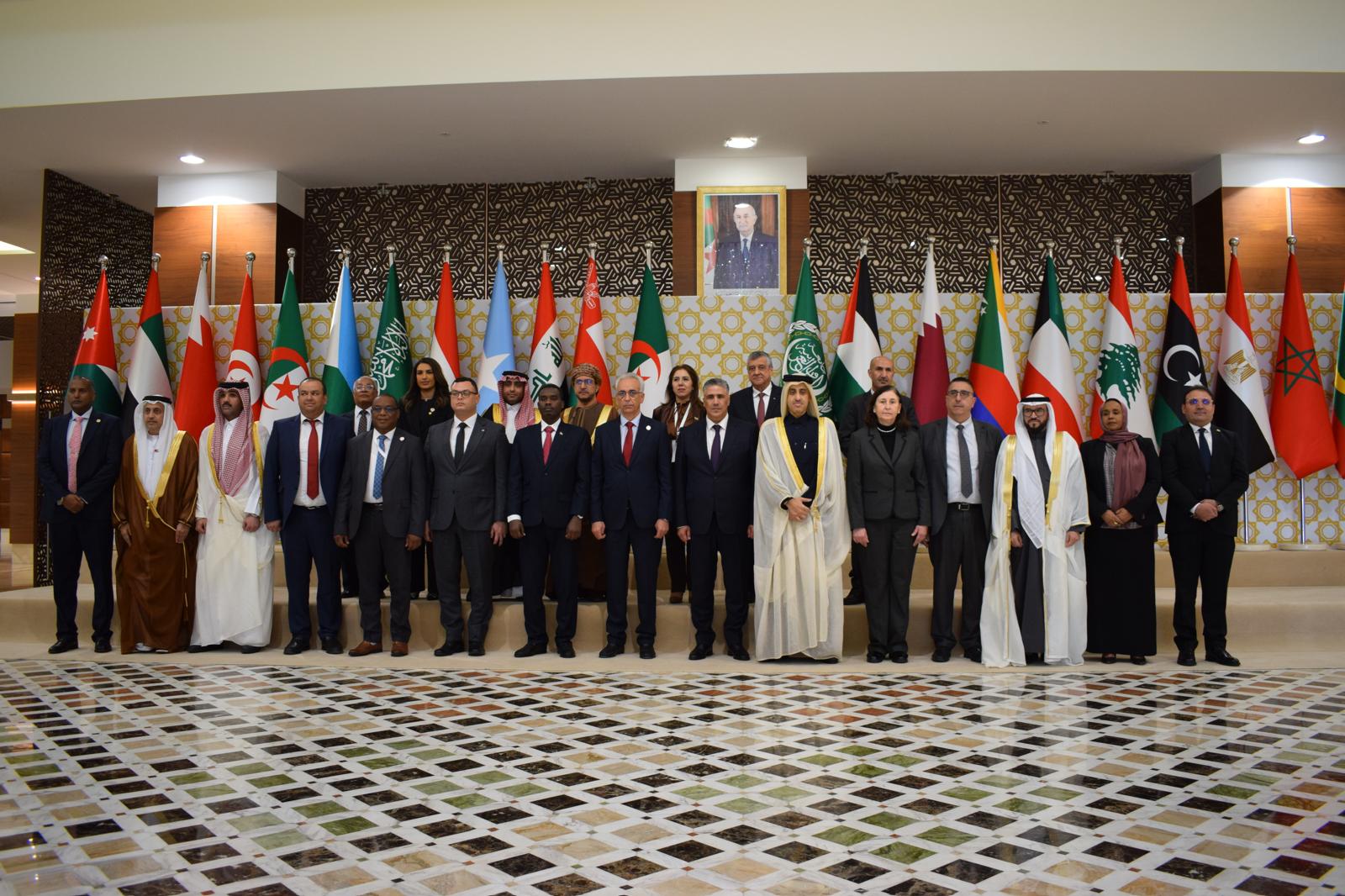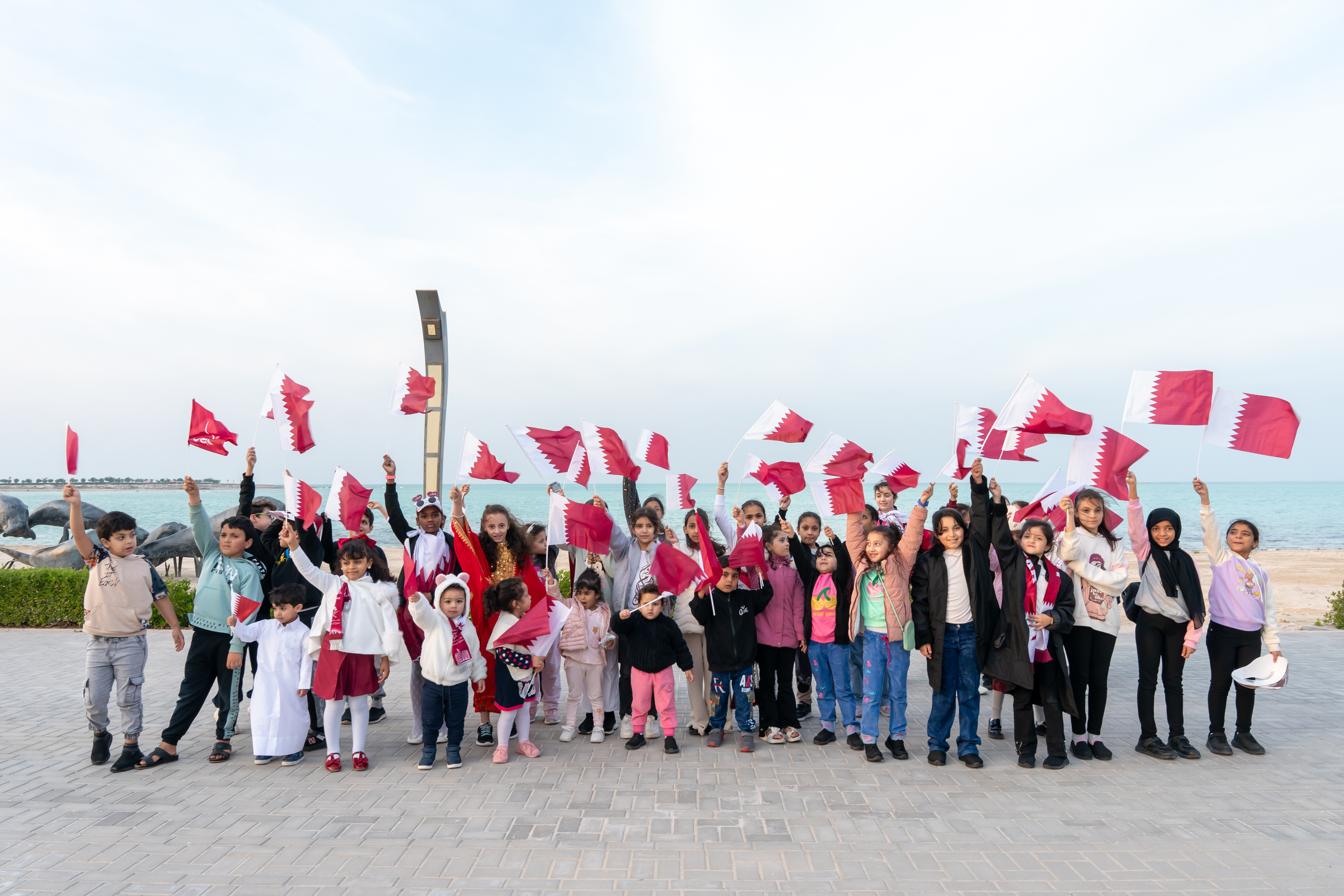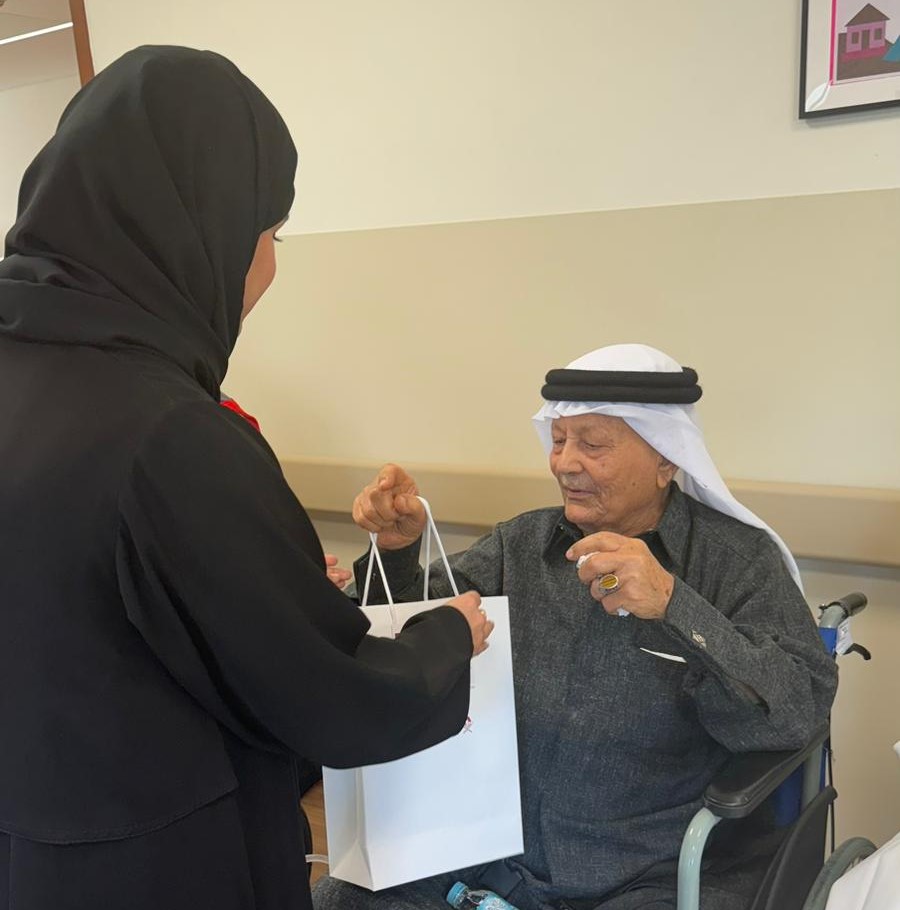Social development celebrates Arab women in cooperation with Doha Institute for Graduate Studies, Aman Center, and Qatar Charity
In collaboration with the Doha Institute for Graduate Studies, the Qatar Charitable Society and the Aman Centre, the Ministry of Social Development and Family organized an event on Arab Women's Day, which falls on February 1 every year. It is a day to celebrate Arab women's achievements, defend their rights and promote their participation in the advancement of society. Arab Women's Day aims to publicize the active role of Arab women in social action and human development to build society and expand the impact of social action in general.
Dr. Firdous Al-Issa, Assistant Professor of the Social Work Program at Doha Institute of Graduate Studies, Ms. Hind Al-Rayashi, Head of the Community Centers Department from Qatar Charity, and Ms. Mayassa Al-Maamari, Social Specialist from Aman Center.
The dialogue was also moderated by Dr. Aya Randall, Assistant Professor in the Human Rights Program of Doha Institute of Graduate Studies. The main obstacles to the integration of Arab women into social work, the importance of social action in building society, and Arab women's role in human development and community building were addressed as the focus of the event.
In turn, Dr. Firdous Al-Issa, Assistant Professor of the Social Action Program, noted in her intervention that the situation of Arab women was not addressed in isolation from that of the world's women. This is because women in different regions of the world are still struggling for their rights and struggling to create a just society for all its components.
The situation of Arab women is becoming increasingly difficult depending on several issues, from marginalization, poverty, and domestic, sexual, and socio-economic violence, rather than the traditional perception of women's role and their capacity to build society, contribute to social change, and participate in policy-building and decision-making. Moreover, the absence of laws and legislation or the lack of obligation to apply them, if any, exacerbates women's status and makes them among the most vulnerable groups in society and thus increases the challenges to social work.
Dr. Al-Issa addressed the realities of social work and women in conflict and war zones, such as in Syria, Iraq, and Yemen, where they produced millions of victims, refugees, and displaced persons, most of whom were women and girls, victims of trafficking, torture, and detention. Social action in this context has taken on the relief and humanitarian nature of providing protection and relief services, and attempts and models to rebuild these women's lives and provide psychosocial support and empowerment have emerged.
Dr. Firdous concluded her intervention by calling for social work to take a unique step, both in its teaching methods for students, in its theories and curriculum, and in its daily research and applications, all of which serve as tools that enhance the resilience of these women and the resilience of society.
Ms. Hind Al-Riyashi said that Arab women have received great attention lately in the context of the constructive transformation taking place in Arab societies. This achieves its work with great efficiency and high quality that rises to the international level.
Regarding the role of women in developing humanity and building society, Mrs. Mayassa Al-Maamari commented that supporting and developing her talents, investing her energies, and enabling her to take her chance within the programs listed for the advancement of community development, the most important of which is addressing domestic violence, providing services to its victims, and improving awareness of women's issues.
More News

The State of Qatar, represented by the Ministry of Social Development and Family (MSDF), participated in the 8th Arab Housing Conference, organized by the Algerian Ministry of Housing
Read more
The Ministry of Social Development and Family (MSDF), represented by the Family Empowerment Department, in cooperation with Al Shamal Municipality
Read moreThe Ministry of Social Development and Family, represented by the Family Empowerment Department, participated in the event held at Al Bayt Stadium in Al Khor to mark Qatar National Day.
Read more
The Ministry of Social Development and Family (MSDF), represented by the Community Care Department.
Read more